
Cause To Cheer, Cause To Jeer China Stock Bounce
The bulls are betting that Beijing's rescue efforts so far have been enough to establish a market bottom - and that buying opportunities abound. The bears see more of a“dead cat bounce” after a US$7 trillion rout and continued signs China's economic cracks are deepening.
Who's right? That depends on what President Xi Jinping and Premier Li Qiang do next.
To be sure, the surge in share prices – including for the Hang Seng Tech Index – suggests investors have moved past the panic phase and are now digesting Beijing's apparent game plan.
That involves highly targeted rather than broad-based stimulus and a greater emphasis on longer-term reforms to increase the role of high-tech and other high-value-added sectors to raise China's broad economic game.
But this tentative rally also means Xi and Li are on the clock with global investors as never before.
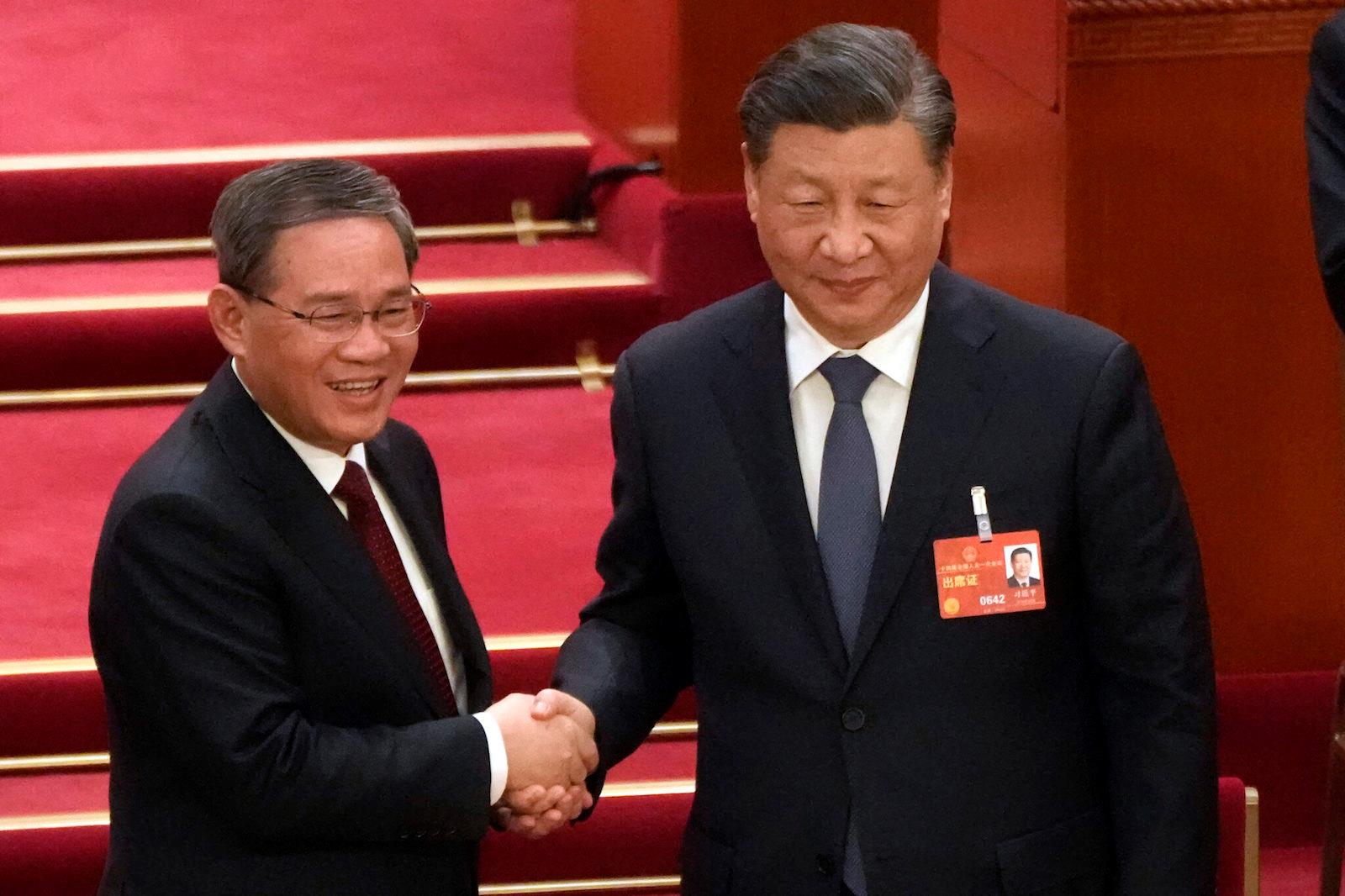
On the clock: Li Qiang and Xi Jinping in a file photo. Image: Twitter / Screengrab
To sustain the new buying, Communist Party leaders need to accelerate efforts to end the property crisis, stabilize local government finances and strengthen China's capital markets.
This month's National People's Congress and“Two Sessions” meetings made for an uncomfortable split-screen for Xi's team.
On one screen, Beijing took a big swing for the future with plans to unleash“new productive forces” to create a more stable and productive economy.
On the other were reminders that past policy missteps are catching up with the economy, seen in frantic efforts to prevent yet another huge property developer - China Vanke - from going bust.
Moves since January to reassure global investors appear to be gaining certain traction. These include the People's Bank of China channeling targeted liquidity to distressed sectors and stock buying by the“national team” of state-run funds.
“We see China's stock turnover likely growing further, especially if stimulus policies out of the annual gathering of the National People's Congress meet market expectations,” says Jonathan Fortun, an economist at the Institute of International Finance.
“We see the scarring effect from the pandemic starting to ease in the Chinese equity market, with important real estate reforms taking form and significant state-led buying,” he added.
Zhu Liang, investment director of AllianceBernstein Fund Management, points out that mainland stocks, particularly A-shares, are highly attractive in terms of valuation.
It's quite an about-face from January when Chinese stocks were among the globe's worst-performing asset classes. Since then, cuts in reserve ratio requirements for banks and other moves to increase liquidity have slowly but surely lured global capital back China's way.
Yet the deflation narrative is one that Xi, Li and PBOC Governor Pan Gongsheng have yet to tackle to the satisfaction of many investors.
“Further policy efforts are essential to foster and consolidate the price momentum,” says Citigroup economist Xinyu Ji.

Legal Disclaimer:
MENAFN provides the
information “as is” without warranty of any kind. We do not accept
any responsibility or liability for the accuracy, content, images,
videos, licenses, completeness, legality, or reliability of the information
contained in this article. If you have any complaints or copyright
issues related to this article, kindly contact the provider above.

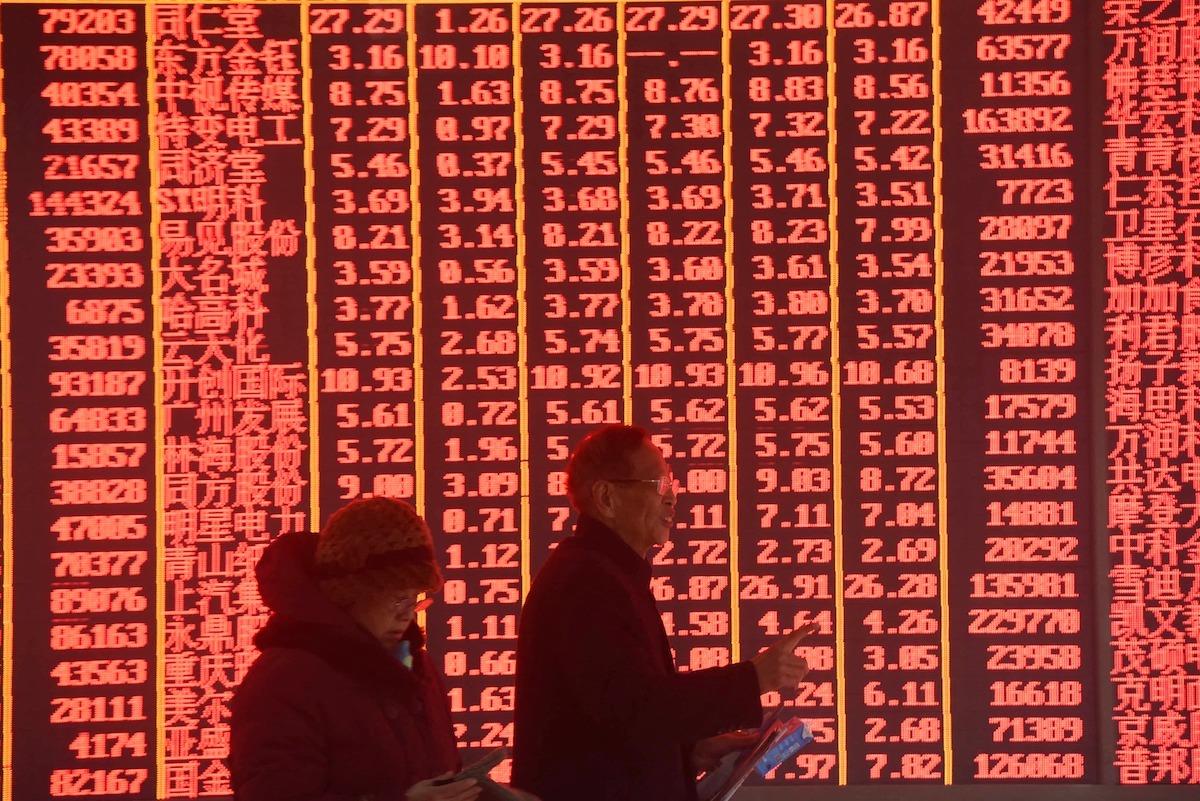
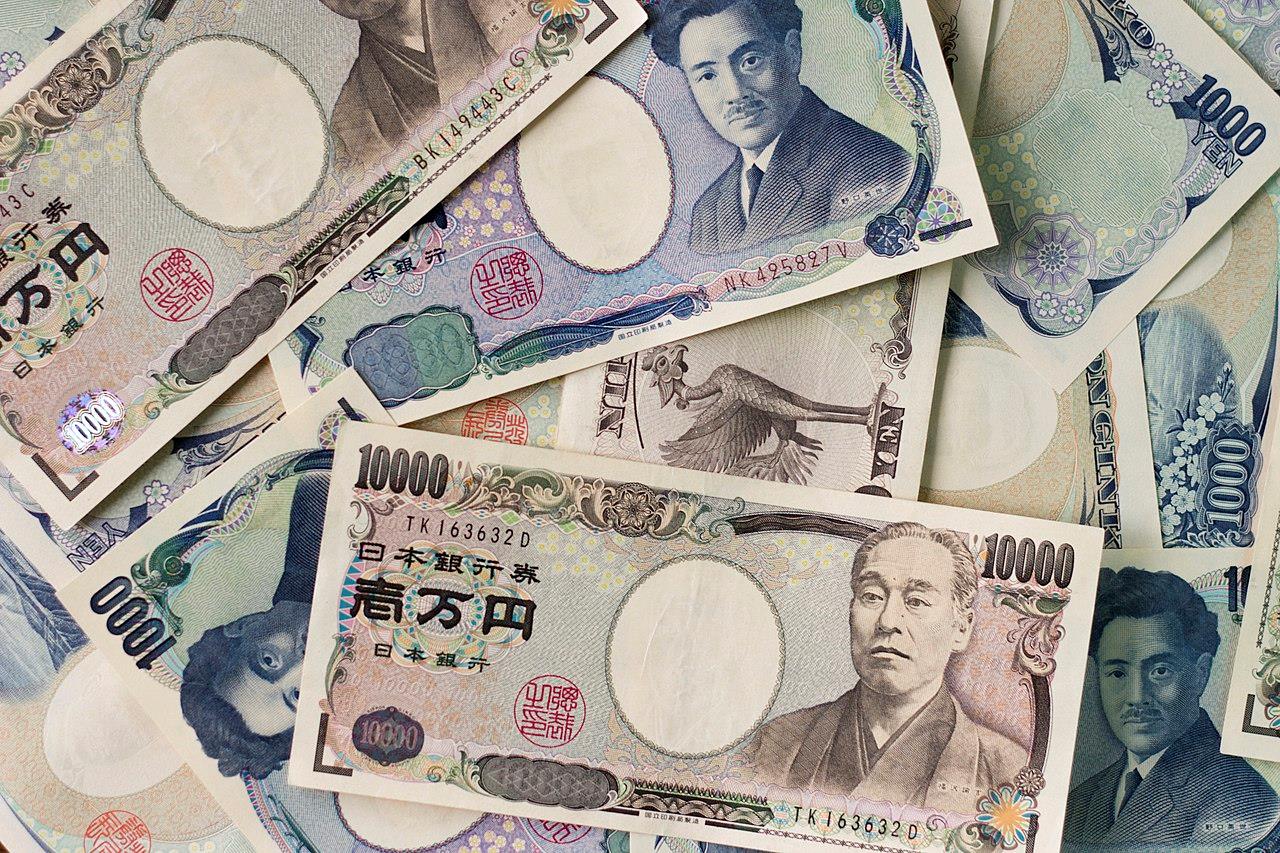
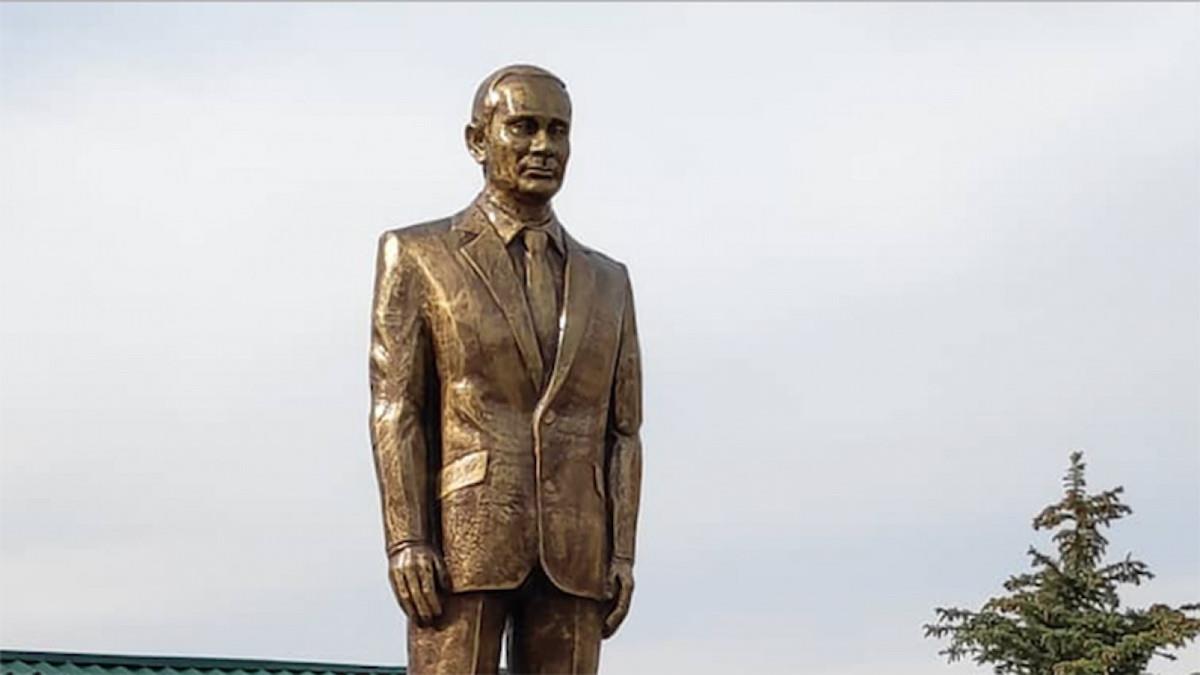


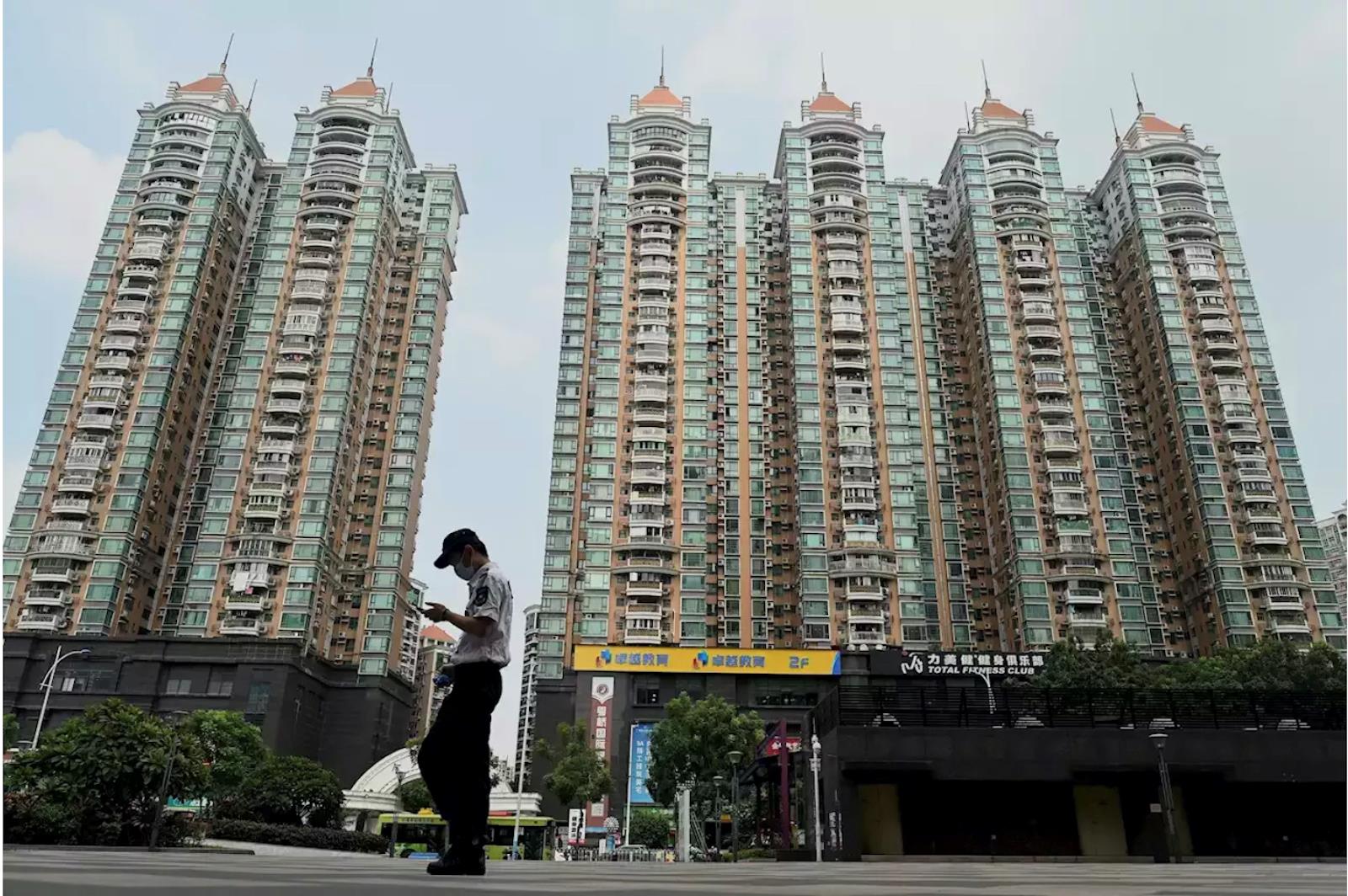

















Comments
No comment